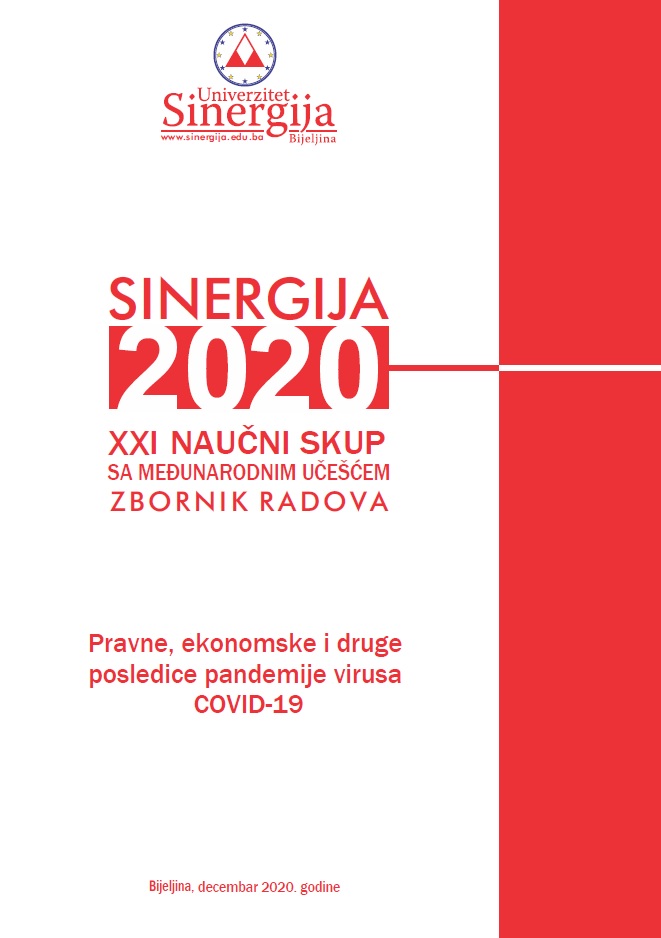Internet of Things Security Aspects
DOI:
https://doi.org/10.7251/ZRSNG2001027CAbstract
The Internet of Things (IoT) connects almost all objects in the environment, whether they are physical or virtual using the Internet with the aim of creating new digital services that will improve lifestyle of the people. Currently, IoT devices cover a wide range of applications across the globe, such as smart cities, smart healthcare, smart transportation, smart homes, smart education, smart supply chains, smart agriculture, wearable devices, Industrial IoT (IIoT), smart energy where several have a direct impact on our daily life activities. With the advent of the Internet of Things, the size of the network has expanded beyond all boundaries, in which various IoT applications generate enormous amounts of data and require continuous Internet connection for communication between devices. Despite the countless benefits that IoT provides, there are some security challenges in this scenario. As data is communicated through wireless networks, challenges in the security domain can be such as data confidentiality, data authentication, data reliability, privacy.

